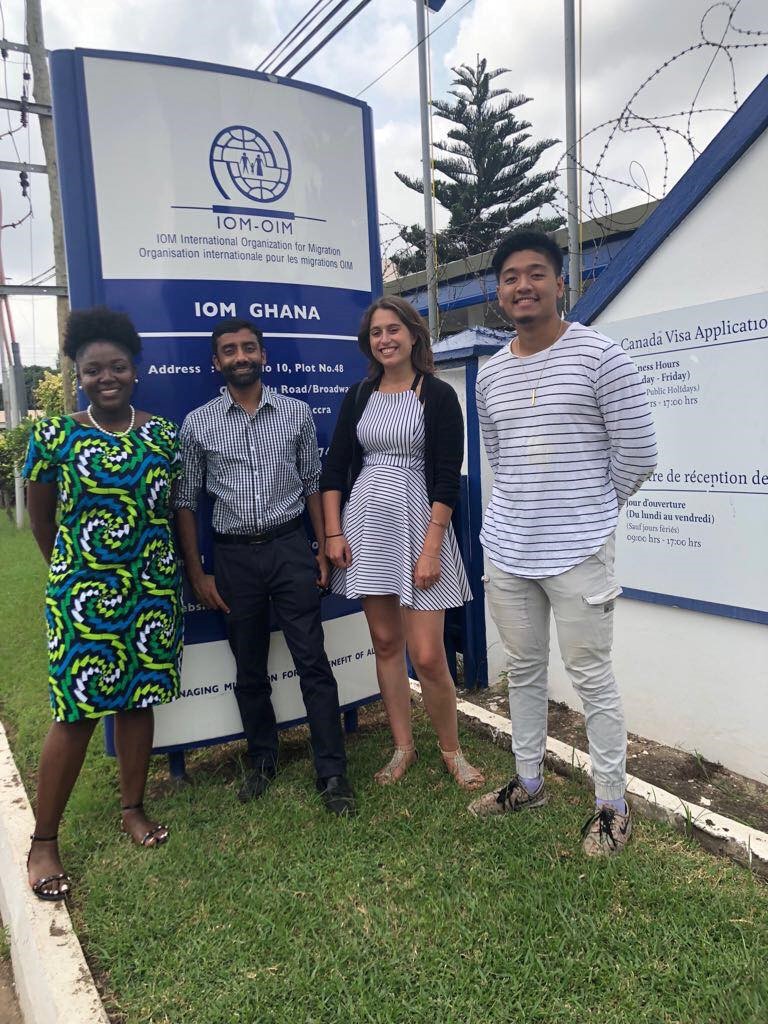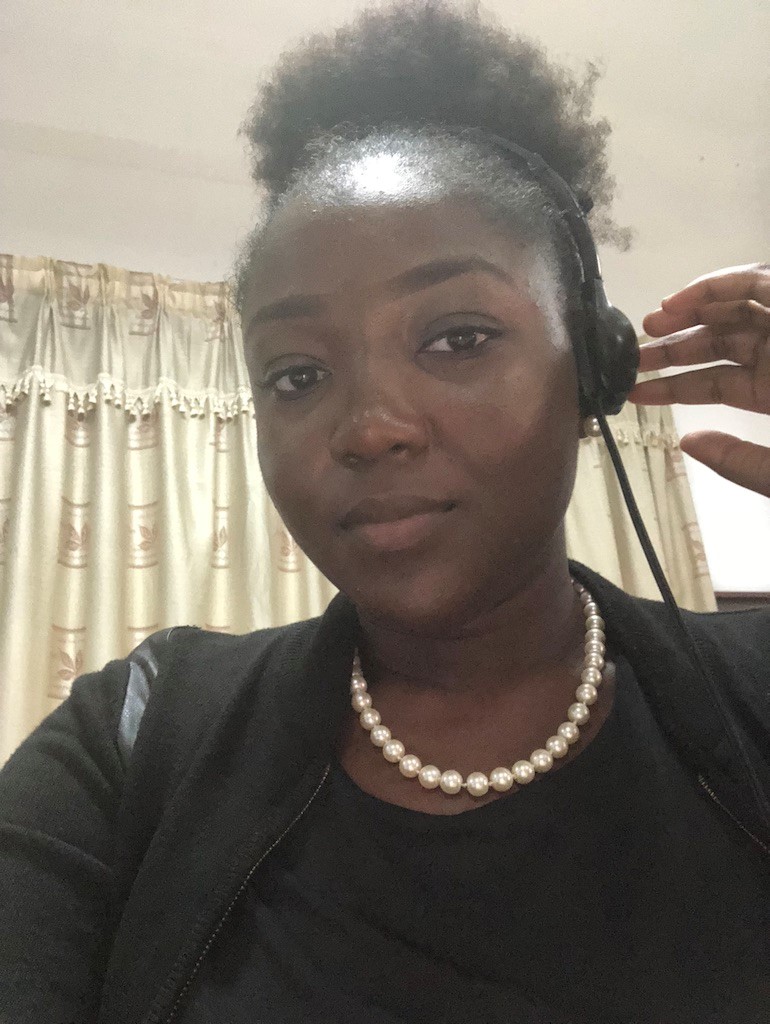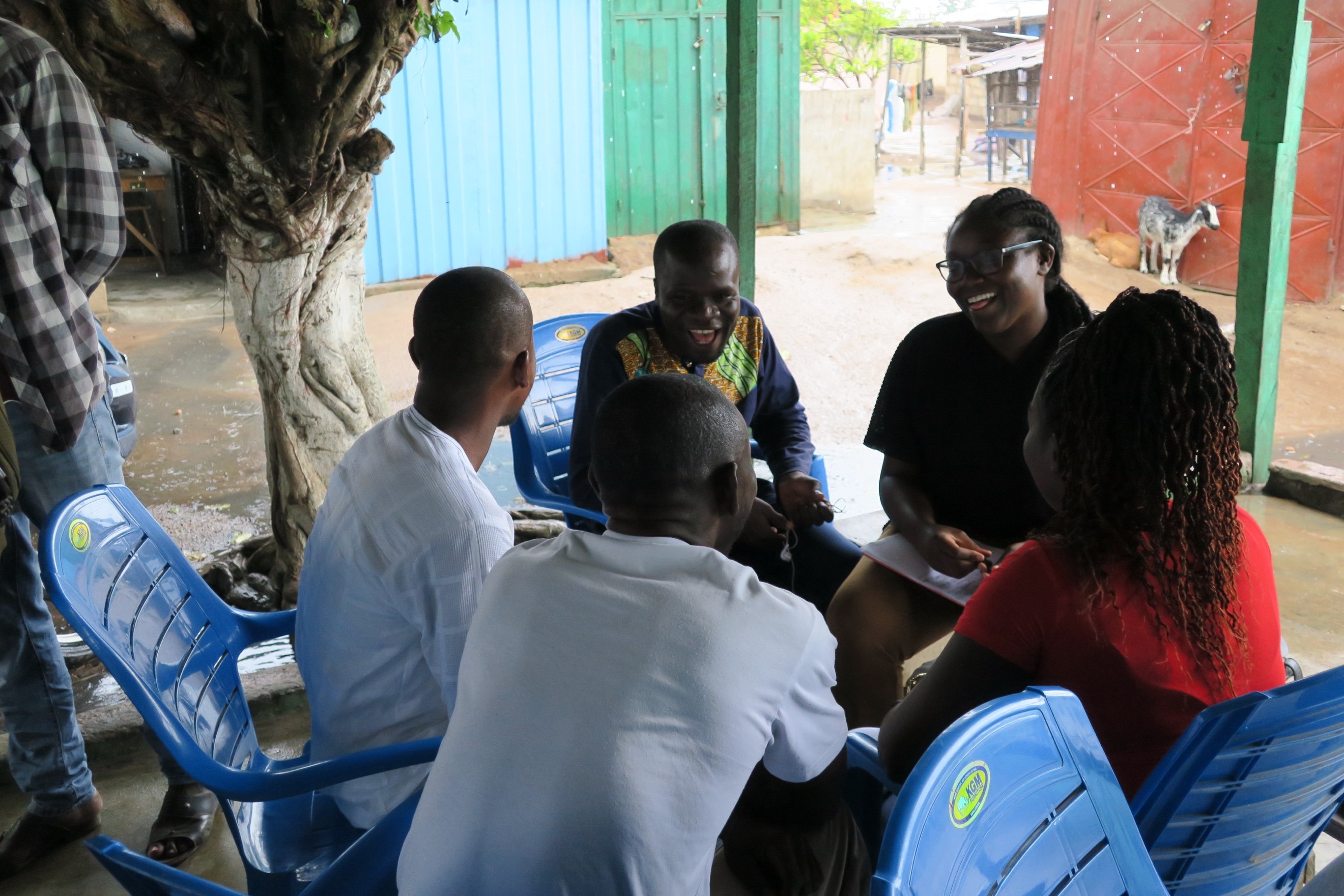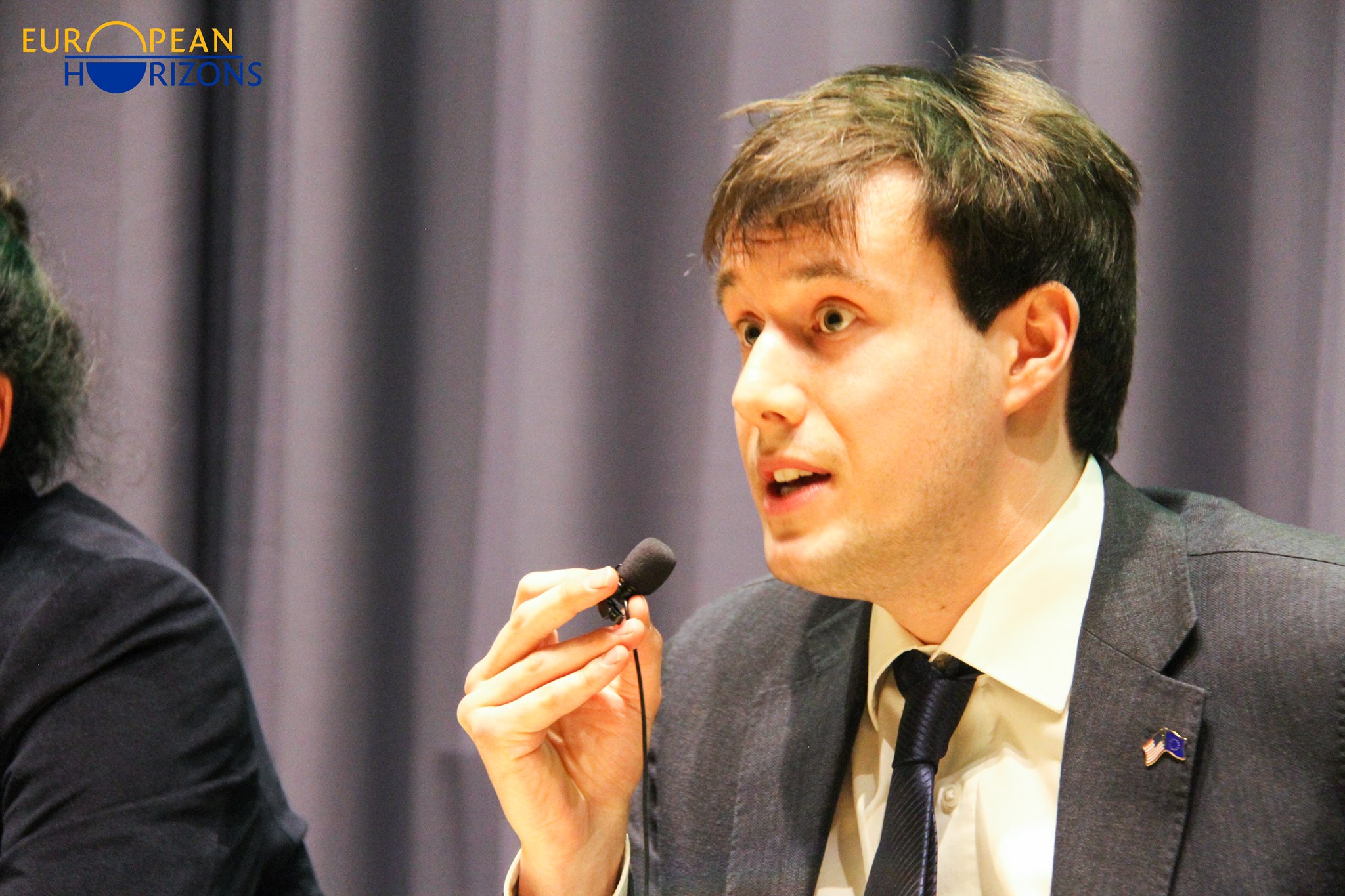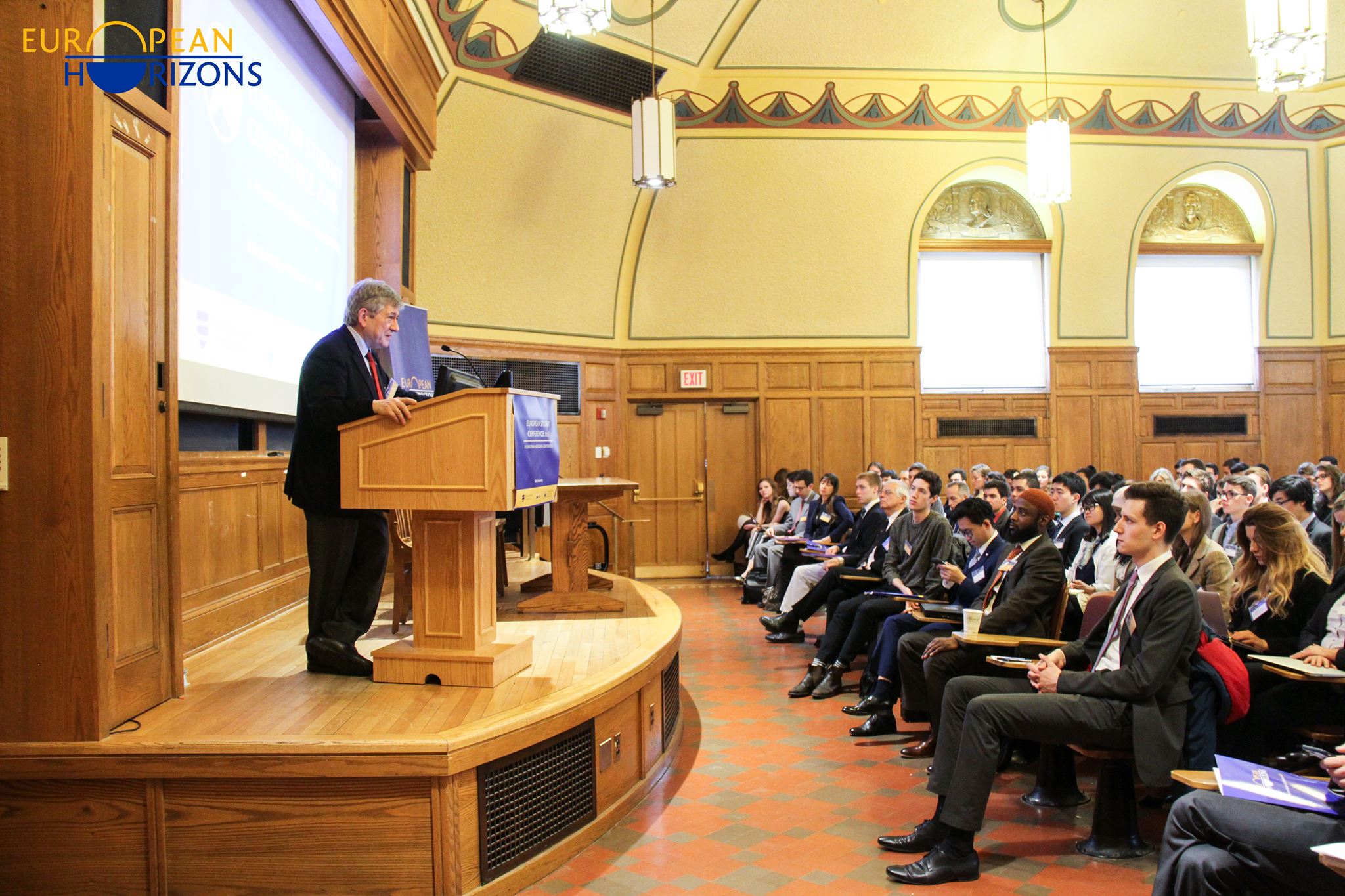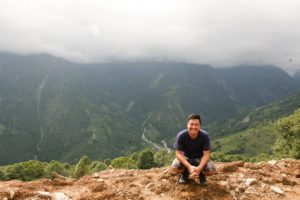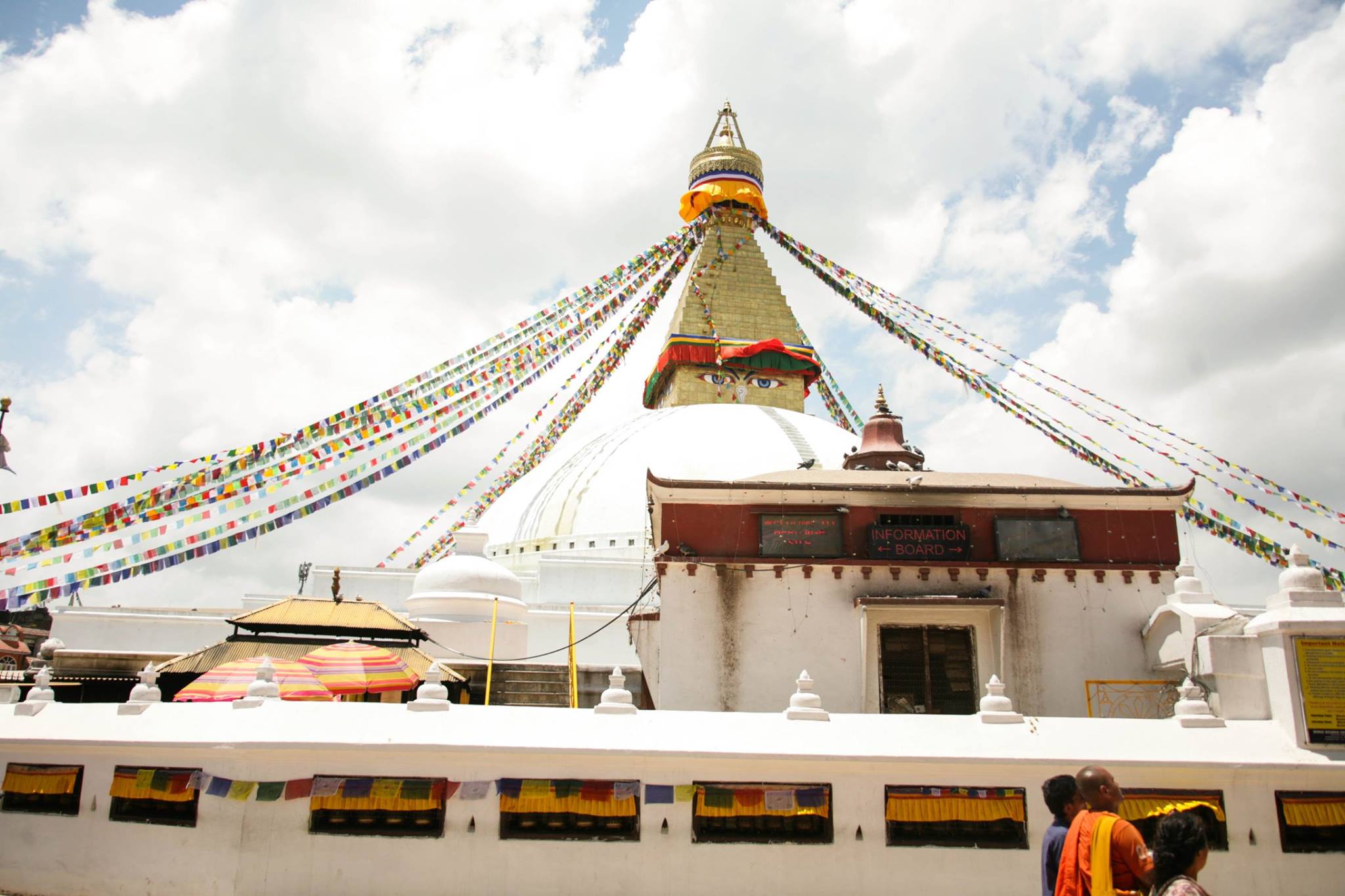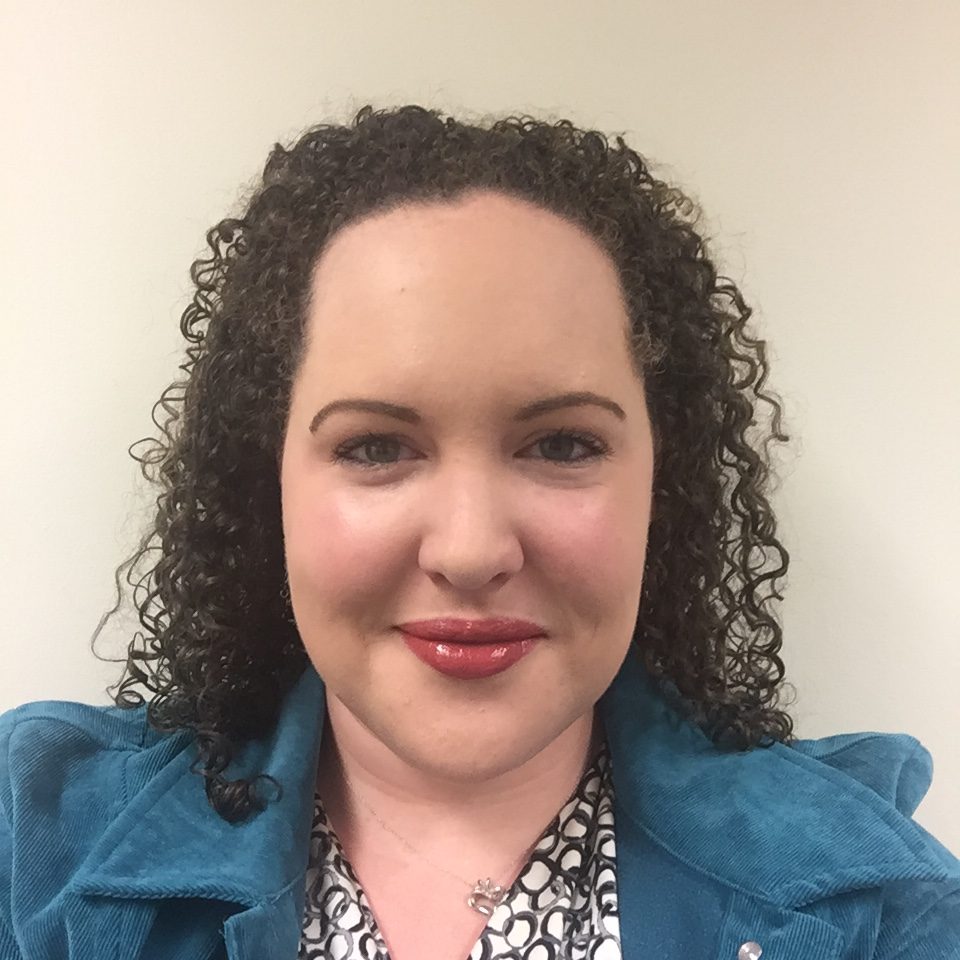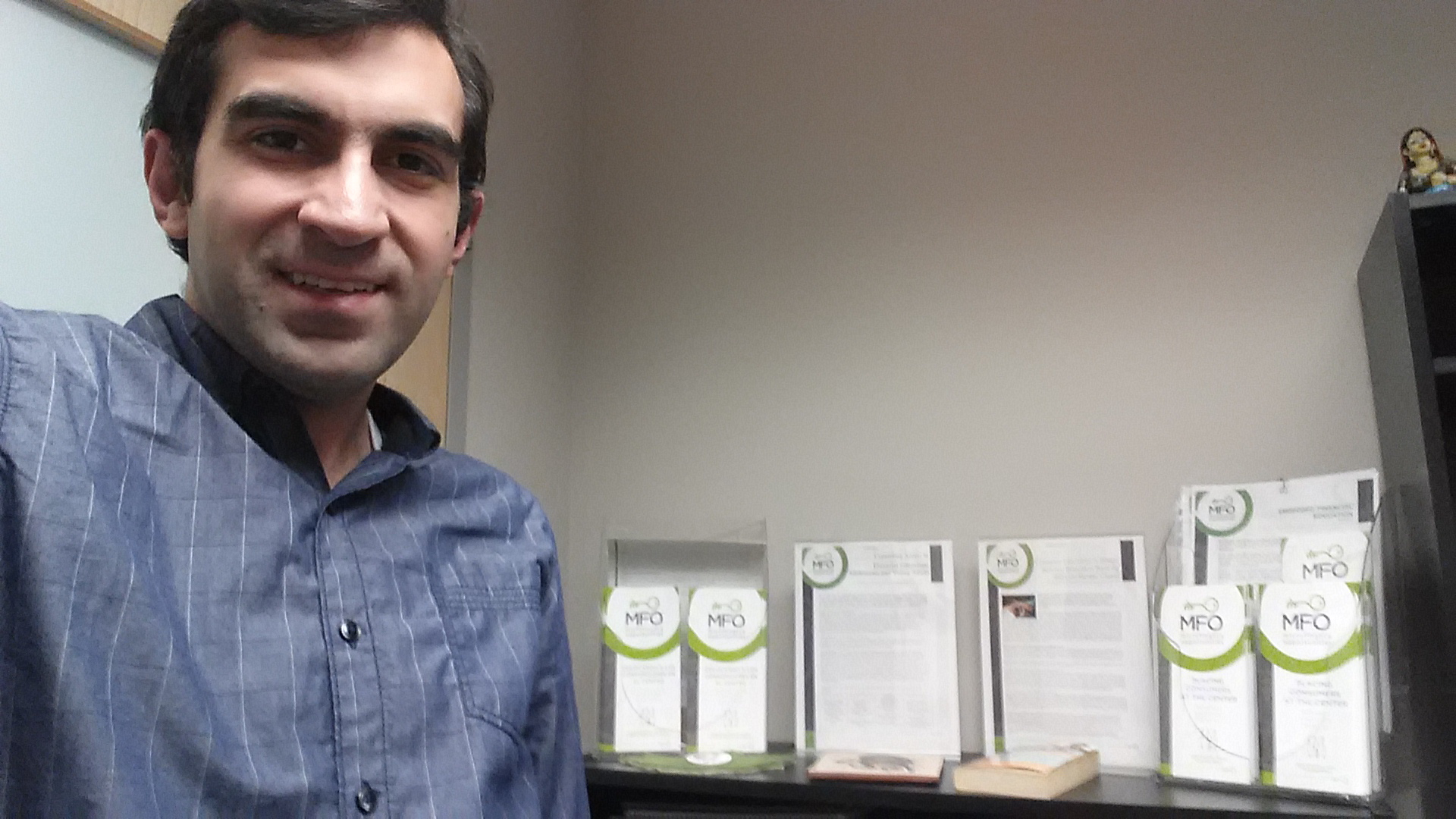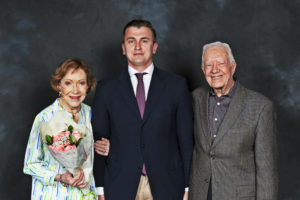Giovanna Saccoccio came into the MAIR degree as a Fast Track student directly from Maxwell’s BA International Relations program.
During the summer of 2018, I interned at the International Organization for Migration (IOM) in Accra, Ghana. The IOM is the UN agency dealing with issues related to migration, and its mission is to promote humane and orderly migration for the benefit of all.
Before going to Ghana, my main objectives were to gain field experience in a developing country, comparing the theories I have learned with the reality on the ground, and gaining exposure to the internal workings of a UN agency. My main goal was to understand whether I want to work in the development and/or humanitarian field. The projects I worked on helped me in this by letting me work with communities firsthand, which made me realize the impact I can have as a foreigner in local contexts.
Together with other Syracuse University students, I worked on projects related to child trafficking in the Volta Region of Ghana and on assisted voluntary return and reintegration of Ghanaians who have returned from countries such as Libya and Algeria.
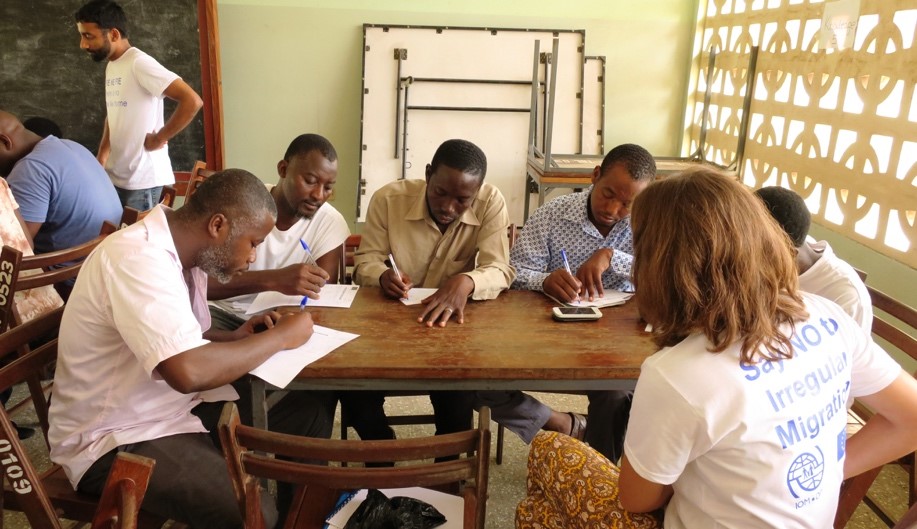
It was sometimes challenging to deal with the reality on the ground, lack of information and strong language barriers. Still, I was happy to be exposed to the field and the professional and personal challenges that come with it. Altogether, these experiences allowed me to understand various issues related to the migration, and how to best interact with people affected by them.
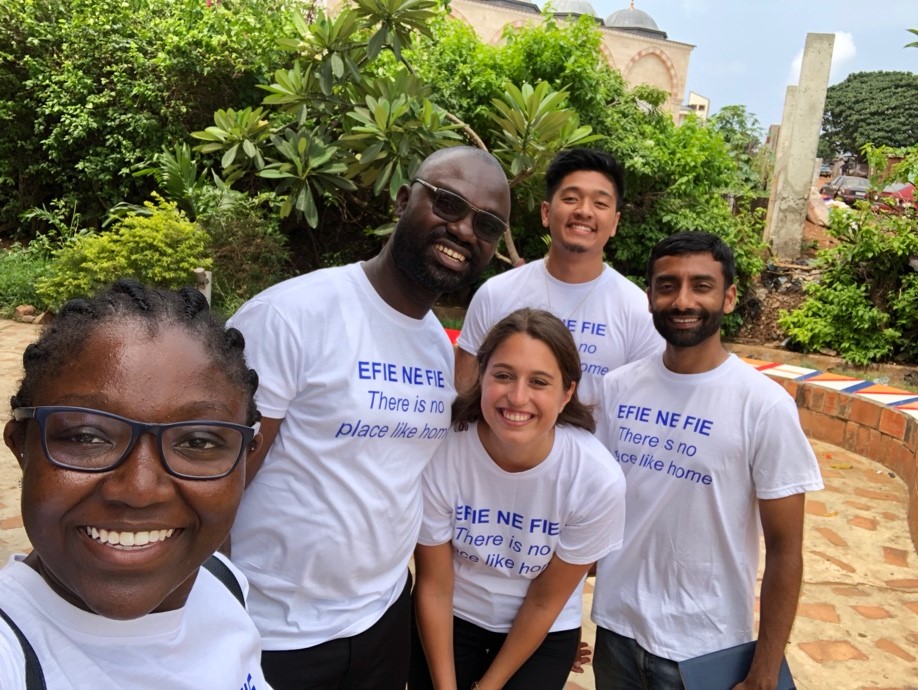
“While the rest of the world has been improving technology, Ghana has been improving the quality of man’s humanity to man.”
These words from Maya Angelou rang true throughout my stay in Ghana. I was showered with kindness and friendliness everywhere I went. Most of all, despite all the issues still afflicting the country, it was fascinating to witness the peace and coexistence in such a culturally and religiously diverse country.
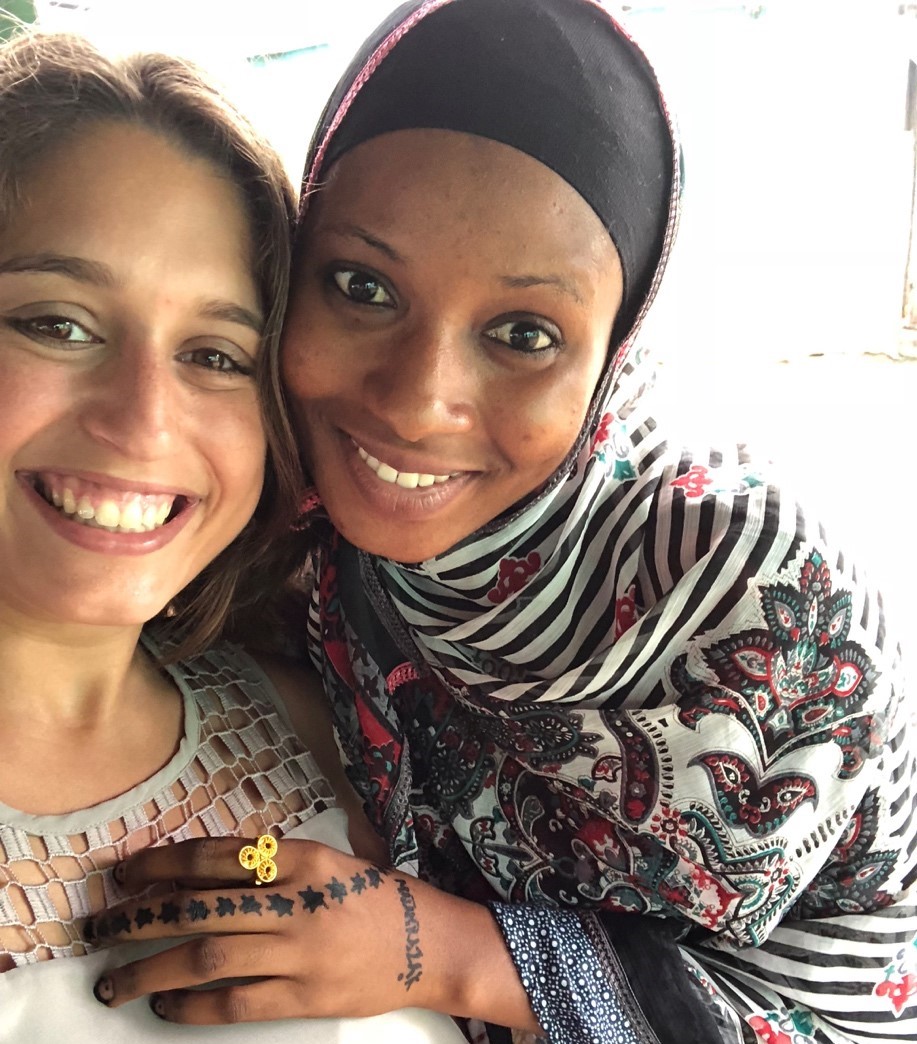
The two months I spent in Ghana allowed me to expand my worldview and my interests. I had never been to Africa before, and I did not know much about African history. I also did not have a background in migration, and the information I had was filtered through a Western and often-conservative lens. As an Italian who is surrounded everyday by talk about migration, it was important for me to compare media and politicians’ rhetoric with the reality on the ground. This experience helped me dispel all the stereotypes I was brought up with, and I have been active in sharing my experiences with people in Italy and the US.
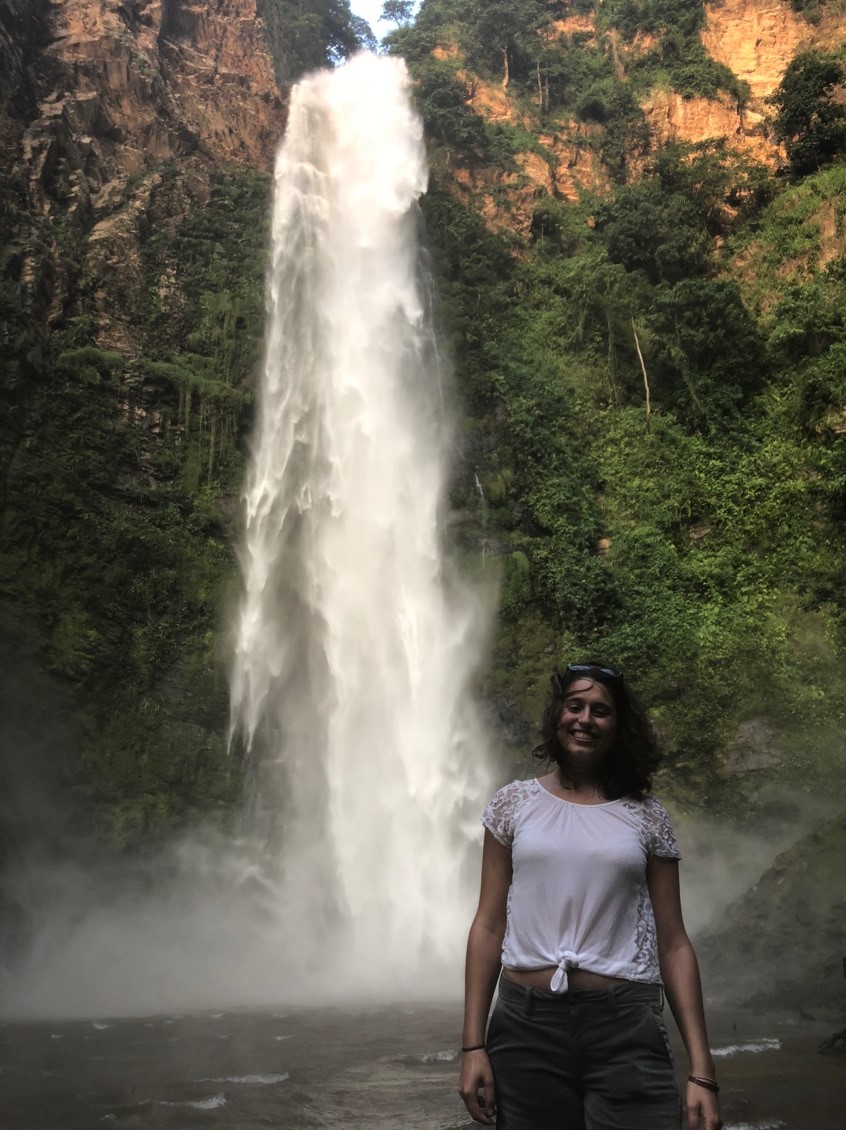
MAIR Program at the Maxwell School
International Relations Undergraduate Program
- For more about the Fast Track BA/MA program, contact the Director of Admissions, Christine Omolino, at comolino@syr.edu

